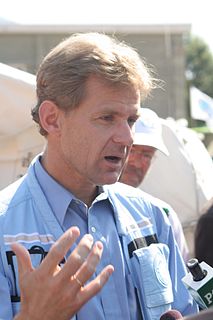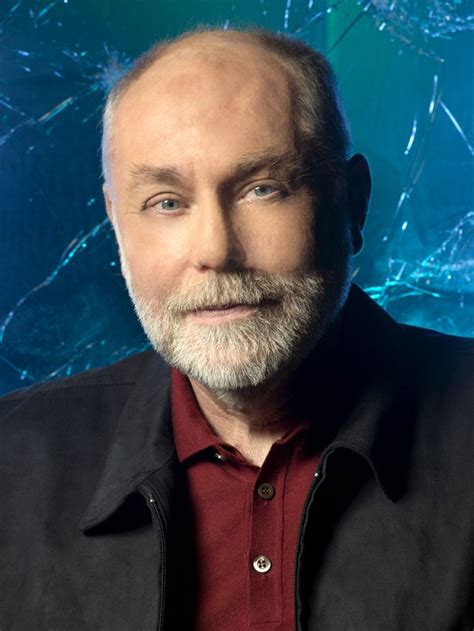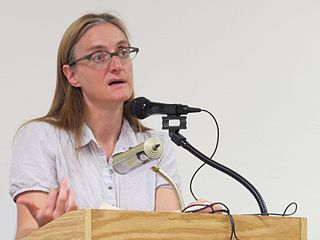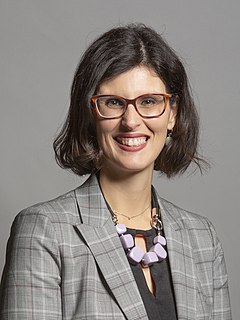A Quote by Opal Tometi
I think about issues like climate change, and how six of the 10 worst impacted nations by climate change are actually on the continent of Africa. People are reeling from all sorts of unnatural disasters, displacing them from their ancestral homes and leaving them without a chance at making a decent living.
Related Quotes
Climate scientists think of nothing but climate and then express their concerns in terms of constructs such as global mean surface temperature. But we live in a world in which all sorts of change is happening all the time, and the only way to understand what climate change will bring is to tell stories about how it manifests in people's lives.
For me the two biggest issues are climate change and animal welfare/animal agriculture. And oddly enough animal agriculture is such a contributor to climate change. According to the United Nations, 25% of climate change comes from animal agriculture, so every car, bus, boat, truck, airplane combined has less CO2 and methane emissions than animal agriculture.
Reporting the consensus about climate change ... is not synonymous with good science reporting. The BBC is at an important point. It has been narrow minded about climate change for many years and they have become at the very least a cliché and at worst lampooned as being predictable and biased by a public that doesn't believe them anymore.
Despite the international scientific community's consensus on climate change, a small number of critics continue to deny that climate change exists or that humans are causing it. Widely known as climate change "skeptics" or "deniers," these individuals are generally not climate scientists and do not debate the science with the climate scientists.
I think climate change is probably the most extreme, and it's been going on for years because it's very difficult to talk about a planetary issue like climate change and to get people who live within four-year electoral cycles to actually pay attention to something that you predict is happening way in the future.
I don't think people are like, "I'm going to save the planet by planting my own herbs." But on environmental issues like climate change, there's a sense of hopelessness and despair. Maybe it's really a small gesture but if you can have a garden it may make you feel like you're helping in some way, or that you're making a connection. You can't change the world but you can change your backyard.
Climate change that is occurring right now is causing so much suffering all around the world. Whether it's adding 30 million people to the "at risk of starvation" list in 2008, whether it's the floods in Pakistan, or entire cultures at risk of disappearing, or desertification in Africa - all these things that are currently being caused by climate change. I think it's something that a lot of people want to figure out: how to make the shift, how to help. It seems like such an overwhelming problem.
It is impossible to talk about slowing climate change without talking about reducing CO2 emissions. Equally, it is impossible to talk about adapting to climate change without considering how we will feed ourselves. And it is out of the question that we can adapt agriculture without conserving crop diversity.
Climate change is not about climate change. It's about the people in it getting rich off of an ever-expanding, growing, controlling government. It's all about expanding the government and government control over people. It's about creating victims. When you successfully turn somebody into a victim, you have automatically made them a dependent on you. You are essentially telling them they have lost the power necessary to solve their own problems. And you create within them a mentality that they can't overcome their own problem because they're victims.





































